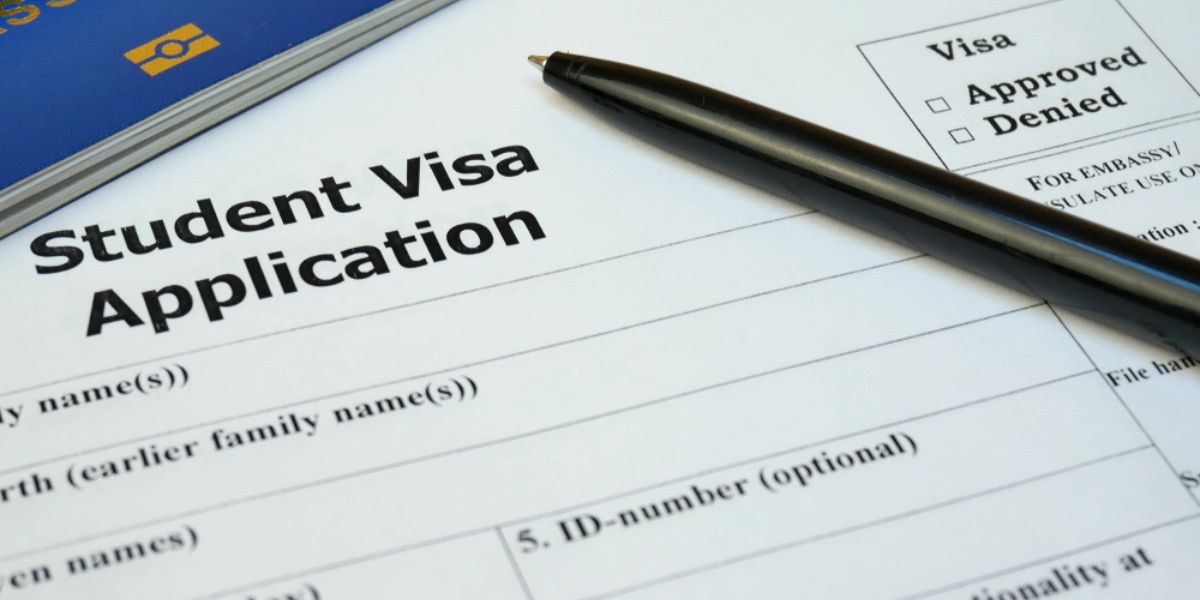Beginning July 15, 2025, foreign nationals can apply for a limited stay visa (Visa Index E30) to pursue non-formal education programs in Indonesia, including language courses, skill training, and professional certification schools. This new immigration policy aims to support foreigners seeking to enhance their careers through Indonesian education pathways.
“The application for a non-formal education visa is submitted online through evisa.imigrasi.go.id. To apply for this visa, foreign nationals must have a sponsor, which can either be an individual or the non-formal education institution they plan to attend,” stated Yuldi Yusman, Acting Director General of Immigration, as quoted by Imigrasi.
The E30 visa offers a one-year or two-year stay permit, depending on the applicant’s preference. Requirements include a passport valid for at least six months, proof of living expenses while in Indonesia (minimum of USD 2,000, and a recent color photograph. The visa fee is set at approximately USD 380 for a one-year stay and USD 538 for two years.
In addition to launching the E30 visa, the Directorate General of Immigration has expanded the validity period for formal education visas. Visa E30A for primary and secondary education and Visa E30B for higher education can now be issued with a four-year stay permit, an increase from the previous one- or two-year limit.
Like the non-formal visa, applicants for E30A and E30B also require a sponsor, either an individual or a formal educational institution. The visa fees for formal education programs are approximately USD 760 for a four-year stay, USD 538 for two years, and USD 380 for one year.
Currently, Indonesia is home to over 3,115 universities, including 125 public institutions. According to Yuldi, Indonesia’s universities are becoming increasingly attractive to international students. “Several top Indonesian universities are ranked among the world’s top 300. In addition, subjects offered by faculties related to cultural studies are especially popular among foreign students,” he said.
Yuldi also emphasized the broader impact of this visa policy, stating, “We hope this policy opens more opportunities for foreign nationals to develop themselves through education in Indonesia, whether formal or non-formal. This is also a strategic step to strengthen Indonesia’s global competitiveness through the education sector.”
The introduction of the non-formal education visa reflects Indonesia’s commitment to becoming a global education hub, supporting both cultural exchange and human capital development. With streamlined online application processes and broader visa options, the country invites more international learners to benefit from its diverse educational offerings.
Source: Imigrasi, Antara
Photo Credit: Shutterstock


